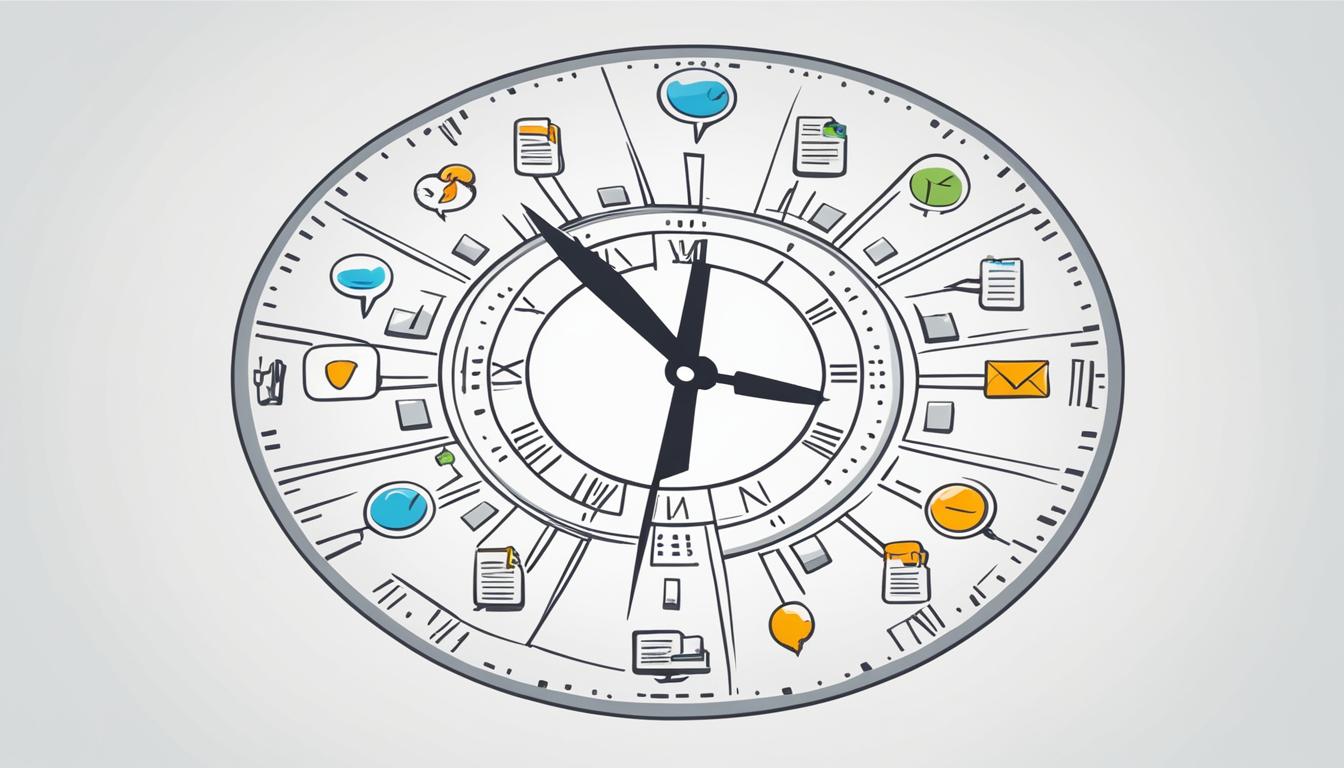When it comes to scheduling meetings, finding the ideal time that works for everyone involved is crucial. However, asking the same question repeatedly – “What time works best for you?” – can become monotonous and uninspiring. As a professional copywriting journalist, I understand the importance of keeping communication fresh and engaging.
In this article, I will introduce you to a range of phrases you can use instead of the generic “What time works best for you?” inquiry. These alternative approaches will not only bring a touch of creativity to your meeting requests but also demonstrate a thoughtful, professional tone that resonates with your recipients.
Can You Please Tell Me Your Preferred Time? (Formal)
When it comes to inquiring about the preferred meeting time in a professional setting, using a formal and respectful tone is crucial. One effective phrase to use is “Can you please tell me your preferred time?” This question demonstrates your flexibility and willingness to accommodate the other person’s schedule, which is essential for fostering a positive and productive working relationship.
By phrasing the inquiry this way, you show that you value the other person’s time and are prepared to make necessary adjustments. It conveys a sense of professionalism and signals your commitment to finding a mutually convenient meeting slot. This approach reinforces the idea that you prioritize collaboration and respect the importance of scheduling constraints.
“Hi [Recipient’s Name],
I hope this email finds you well. I would like to arrange a meeting to discuss [the topic of discussion]. Can you please tell me your preferred time? I am open to adjusting my schedule to accommodate your availability.
Thank you for your time and consideration. I look forward to hearing from you soon.
Best regards,
[Your Name]”
Utilizing this formal meeting time inquiry shows that you value professionalism and are committed to establishing a strong working relationship. It fosters open communication and sets the stage for successful collaboration. So, go ahead and ask, “Can you please tell me your preferred time?” and let the scheduling process commence smoothly.
When Can We Set This Meeting Up? (Informal)
Are you ready to get together and discuss the exciting project we’ve been working on? I can’t wait to hear your ideas and collaborate on this. Let’s find a time that works for both of us. When can we set this meeting up?
This informal meeting time inquiry shows my enthusiasm and eagerness to connect with you in a friendly and relaxed setting. By using this question, I hope to foster teamwork and strengthen our working relationship.
“When can we set this meeting up?” communicates a sense of flexibility and openness. It gives you the opportunity to suggest a time that is convenient for you, allowing us to find a meeting slot that suits both of our busy schedules.
“When can we set this meeting up?”
Looking forward to your response!
To provide a practical example, here’s a sample email using this informal meeting time inquiry:
Hi [Colleague’s Name],
I hope this email finds you well. I wanted to touch base regarding our upcoming project. It would be great to sit down and go over all the details.
I’m really excited about this collaboration and can’t wait to hear your insights. I’m available next week and was wondering when would be a good time for you. When can we set this meeting up?
Please let me know your preferred time, and I’ll do my best to accommodate it. Looking forward to hearing from you soon!
Best regards,
[Your Name]
As shown in the example, an informal meeting time inquiry can be a great way to initiate a friendly conversation and establish rapport with your colleagues. It sets a positive tone and invites collaboration in a more relaxed manner.
What to Say Instead of “What Time Works Best For You?”
When it comes to scheduling a meeting, finding the right time that works for everyone can be a challenge. Instead of using the generic question “What time works best for you?”, consider trying alternative meeting time inquiries that can be more specific and engaging.
For instance, you can say, “Please let me know what time works for you,” which shows your willingness to accommodate the other person’s schedule. Alternatively, you can ask, “When would you like to make this work?” This phrase conveys flexibility while still maintaining a professional tone.
Remember to be clear about the purpose and potential benefits of the meeting, as this can help the other person prioritize their availability. Additionally, don’t forget to express gratitude for their time and provide your contact information to facilitate the scheduling process.
When crafting your meeting request email, it’s essential to use a clear and concise subject line that captures the recipient’s attention. If necessary, you can follow up with a polite reminder to ensure the meeting is scheduled at a mutually convenient time.
Source Links
- https://englishrecap.com/formal-ways-to-ask-what-time-works-best-for-you/
- https://wordselector.com/other-ways-to-say-what-time-works-best-for-you/
- https://www.leadmonk.io/blog/email-templates-to-ask-for-a-meeting-politely










